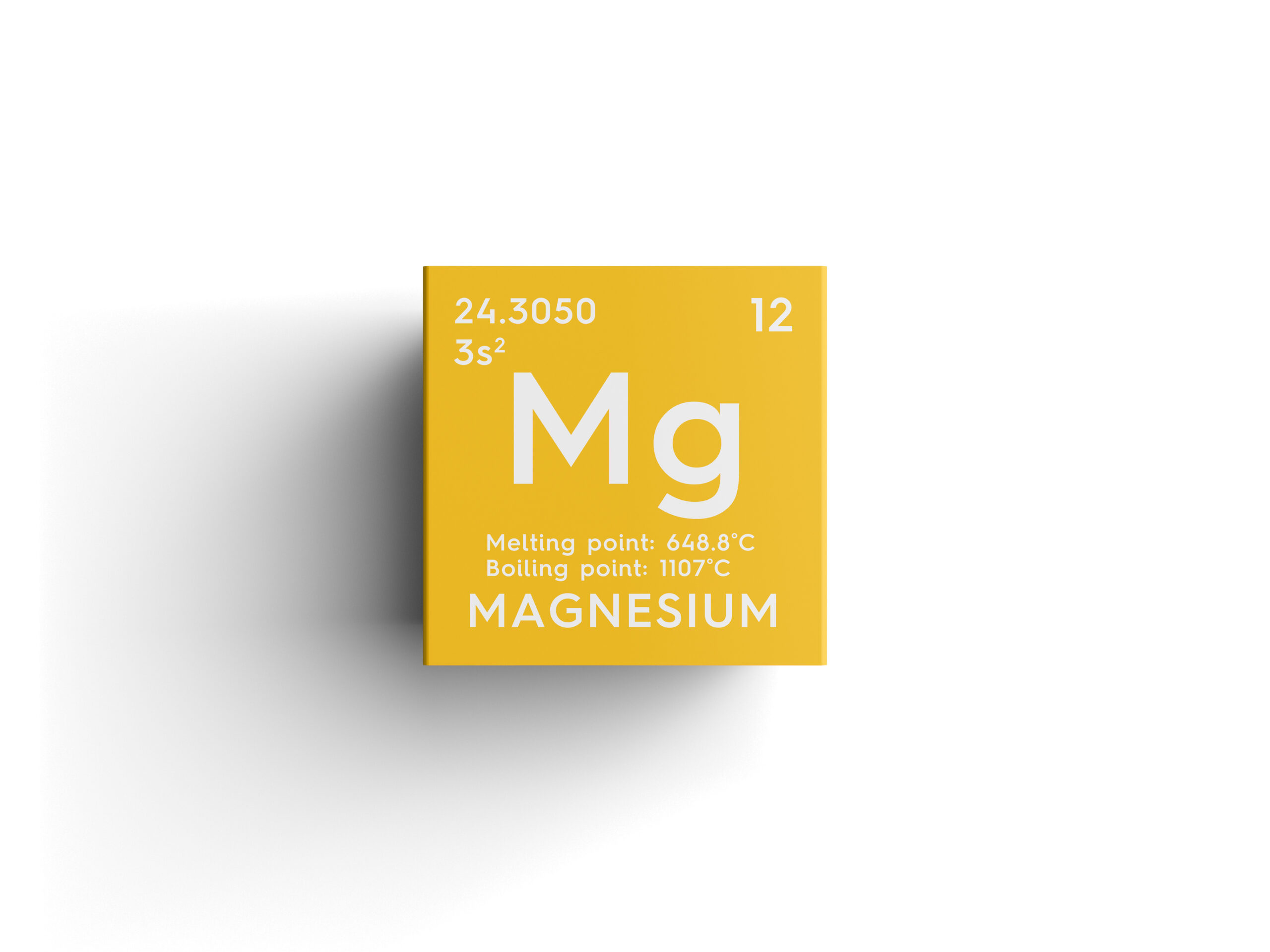Magnesium is a crucial mineral that plays a fundamental role in our overall health and well-being. Our bones, muscles, and soft tissues are the main storehouses for magnesium in the body. Magnesium serves as a cofactor for hundreds of enzymatic reactions. This means magnesium helps enzymes perform their functions efficiently – from energy production, protein synthesis, muscle and nerve function, blood glucose control, and blood pressure regulation. Magnesium is fuel. Without adequate magnesium, you’ll quickly begin to feel fatigued and drained.
Magnesium is essential to these aspects of our health:
Energy Production
Magnesium is one of the main ingredients in a biological process called ATP synthesis. ATP synthesis, put simply, converts food into energy. Without enough magnesium, ATP synthesis slows down and you feel fatigued and drained.
Bone Health
Calcium is usually the first mineral that comes to mind when we’re talking about bone health. Magnesium is equally important. Calcium needs magnesium to maintain bone density and strength. Without enough magnesium, calcium can’t be properly absorbed, which results in weakened bones and an increased risk of osteoporosis.
Heart Health
Magnesium helps maintain normal heart rhythms and supports the relaxation of blood vessels, which keeps our blood pressure healthy. Studies have shown that higher circulating magnesium levels are associated with lower cardiovascular disease risk.
Mental Health
Your brain relies on magnesium too. Magnesium helps support neurotransmitter signaling. This is essential for mood regulation, stress management, and overall mental well-being. Low levels of magnesium have been associated with depression, anxiety, and even migraines.
Linda’s List: Incorporate these items to optimize your magnesium levels.
- Diet:
- Leafy greens
- Almonds, cashews, and pumpkin seeds
- Brown rice and quinoa
- Avocados
- Bananas
- Black beans, chickpeas and lentils
- Supplements:
- Blu Mag
- Cymbiotika’s Magnesium Spray
- Neuro Mag
- Movement: Exercise will not directly increase magnesium production but it benefits your levels by maintaining optimal health, which supports magnesium utilization in the body.
- Aerobic Exercises: Walking, running, swimming, cycling. Cardio enhances circulation which enhances the delivery of nutrients to cells and tissues. It also helps maintain heart health, which is crucial for magnesium utilization.
- Strength Training: Magnesium is essential for muscle function. Stimulating muscle growth is key. Without sufficient magnesium, our muscles struggle and our performance decreases.
- Yoga and Pilates: These two exercises improve circulation and muscle function. They’re also low-impact, which is good for your bones. Additionally, yoga practices that focus on deep breathing can help reduce stress, which goes hand in hand with optimizing circulating magnesium.
- Aerobic Exercises: Walking, running, swimming, cycling. Cardio enhances circulation which enhances the delivery of nutrients to cells and tissues. It also helps maintain heart health, which is crucial for magnesium utilization.


